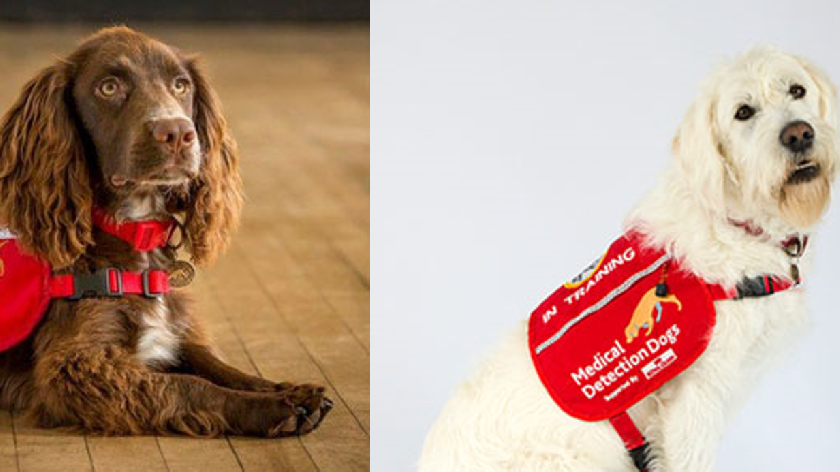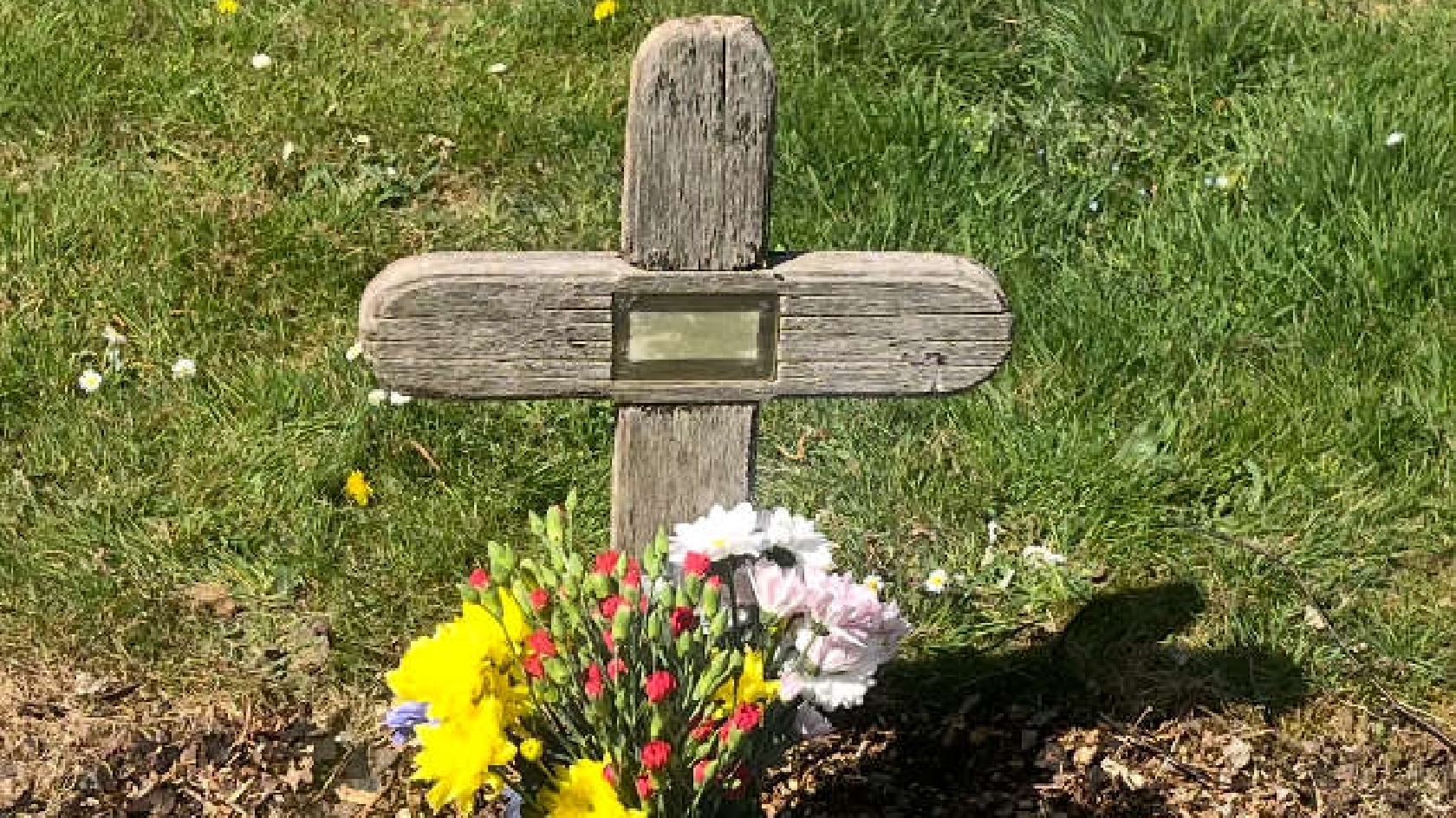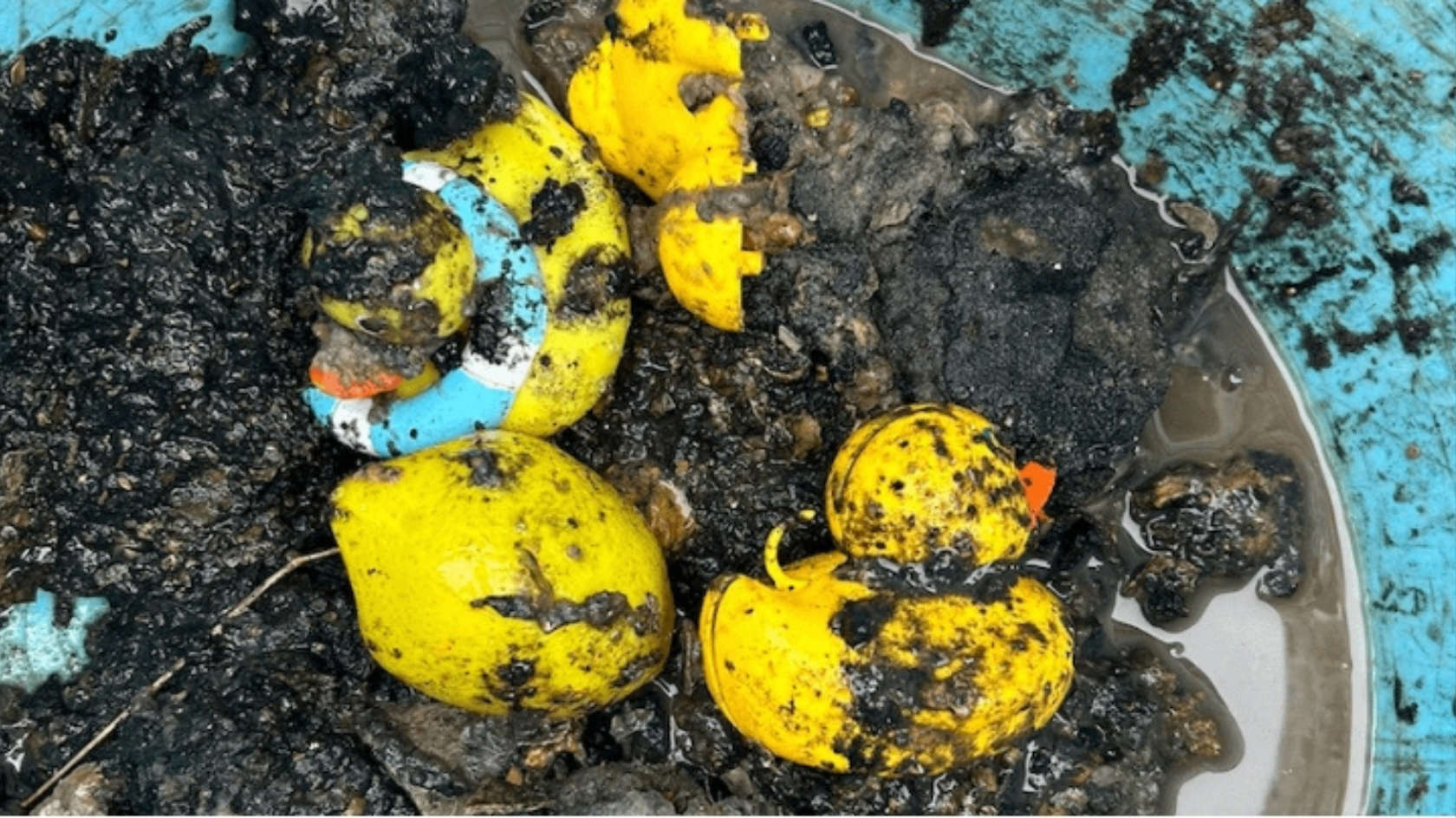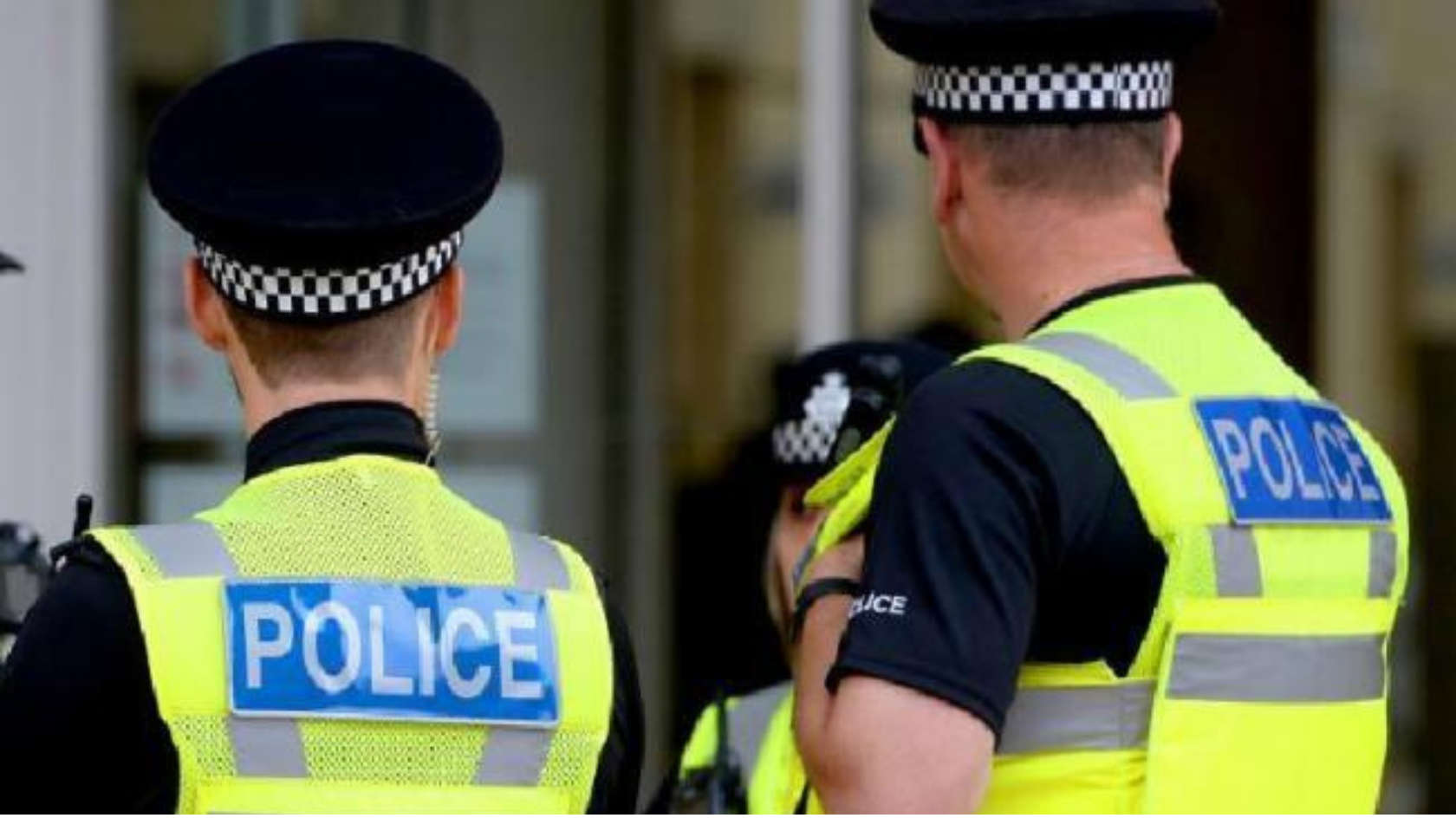
A Milton Keynes charity have launched a crowdfunding appeal to fund research to determine if specially trained dogs could detect if someone has coronavirus.
Medical Detection Dogs, who are based in Great Horwood in Milton Keynes, say they need £1million to fund the research. It's also backed by Arctec, Durham University and the London School of Hygiene and Tropical Medicine.
Researchers say the dogs could then be deployed at points of entry to the UK (eg. airports) as well as in the community.
They have launched a crowdfunding page which has already received £10,000 in donations towards the research from the public.
The charity said: "We have already demonstrated that dogs can detect the presence of malaria in human odour with a high degree of accuracy. Importantly, the dogs can detect malaria in individuals who have no symptoms."
"As well as malaria, we have trained dogs to diagnose cancer and Parkinson’s disease and other medical conditions that change human body odour."
"Recent research on flu viruses, and other respiratory diseases, has shown that these diseases also interact with the human immune system and change human body odour."
"We need to be clear that, at present, we do not know for sure if COVID-19 changes human body odour, but there is a very high chance that it does."
"The abilities of dogs do not stop at odour detection. A further advantage is that dogs are able to detect subtle changes in temperature of the skin."
"It is, therefore, possible that dogs could not only detect the change in odour of a person infected with COVID-19, but also detect the presence of individuals with a slightly raised temperature."
"If it does, we are confident that dogs will be able to detect the associated odours. And, based on our previous work, we believe they would be able to do this with great accuracy."
"So far as we know, dogs cannot pick up the disease, but with our method the dogs would not even need to contact individuals for them to detect the odours of COVID-19."
The researchers behind the plan have set out a three phase plan for the research.
"First we need to collect odour samples from people who are infected with COVID-19, and people who are uninfected. Then, we will use those odour samples with 5 dogs that are already pre-trained and awaiting training with the COVID-19 samples."
"Through an intensive training programme, we will test the method rigorously and, if successful, we could deploy dogs within as little as 6 weeks."
"If successful we will scale-up our operations rapidly to deploy the trained dogs during the ongoing COVID-19 epidemic. Once trained, our medical detection dogs could be deployed in ports of entry or to any public space, to provide rapid non-invasive triage screening for COVID-19."
"These dogs can screen up to 750 people per hour and would support ongoing efforts to test for COVID-19. The model has scalability, once we have trained the first dogs and have set training protocols, we could engage other agencies, at home and abroad, to increase the number of working teams."
"These dogs would also be in service at ports of entry later in the year, and for community surveys in the event that any country experiences a second wave of COVID-19."
Check out the crowdfunding page and donate here.













